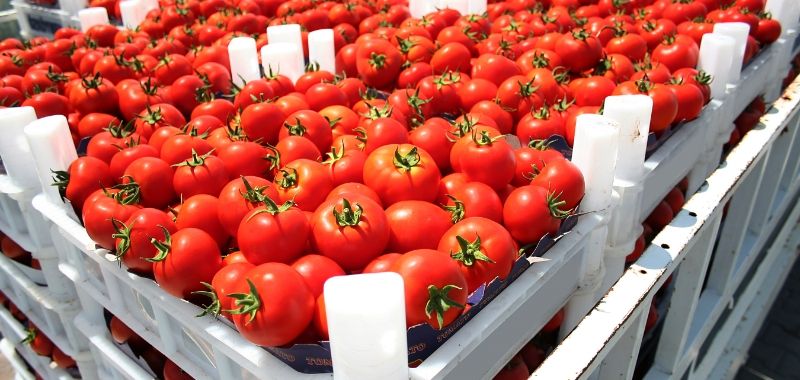Thursday November 21, 2024
- ALL NEWS
- SMALL & MEDIUM ENTERPRISES (SME)
- INTERNATIONAL TRADE
-
REGIONS
-
NON-REGIONAL
Search

The coronavirus pandemic has drastically altered our world. Food supply has become a big concern for both consumers and businesses. Panic buying, along with significant restrictions imposed on international trade, has forced the food industry and its partners to re-think the landscape of the eating ecosystem.
An end to globalization?
In response to the crisis, calls for greater self-sufficiency have emerged. Since the financial crisis of 2008, support for protectionism has grown across the EU. In 2016, the propulsion of this ideology was signified further with the British vote for Brexit. Now, with the global pandemic threatening reliable supplies of vital medical equipment, consumer goods, and even food, the bid for independence has grown stronger.
Earlier this year, food imports from Asia became disrupted, aircraft were grounded, and the movement of food traveling via air freight stopped. The pandemic has shone a light on the UK’s heavy reliance on other countries for its food supply, and the vulnerability of the nature of supply chains has become more apparent.
To protect the country’s food supply from future disruption, business owners in the food industry have become more vocal about their wishes to cultivate a more independent food sector with a markedly reduced dependence on food imports.
Strategies to focus on increasing resilience
Businesses that have suffered from the restrictions on global movement are likely to make increasing their resilience a focus of their business strategy. As a result, we will see food companies employing lean supply chains, which would spell out the end for long, complex, and global supply chains.

Increased investment in horticultural automation is another probability. This year, farms in the UK have been able to respond to increased demands for nationally grown crops due to the growth in available workers as a result of pandemic-related job losses. However, this availability of farmworkers is situation-specific and not sustainable. As restrictions are getting lifted and people return to work, the pool of available labor will reduce, leaving British farms with the challenge of providing more food with limited workers. The answer to this challenge will likely be the widespread adoption of horticultural automation. However, the technology is still in its early stages, and more research is required before it can become used on a large scale. With investment in this area, technology will be able to develop rapidly, allowing British farms to produce larger volumes at once for domestic consumption.
Reliance on domestic produce supports green initiatives
The proposal of becoming more self-sufficient goes hand-in-hand with efforts to tackle the carbon footprint of the food industry. Importing food from around the globe has a clear impact on carbon emissions due to the reliance on long haul transportation. Given the current urgency of tackling climate change, it is likely that the movement for a greater reliance on domestic produce will gain further support due to its affinity with green initiatives.
As the UK begins to emerge from lockdown and its economy re-starts, the “new normal” will establish itself. Permanent changes as a result of handling the pandemic will become more transparent, and the impact on the food industry will likely be a shift towards relying on homegrown produce.
Export Portal is pleased to provide you with the latest global updates. Subscribe to our newsletter today and stay in the loop!
No Comments
Add comment



We’re happy you are satisfied with Exports News. Please let us know if you need enything!
support@exportsnews.comWe’re sorry your experience was not satisfactory. Please let us know how we can improve your experience:
Please contact us with any questions or concerns: support@exportsnews.com


Your feedback has been received! If you have any other questions or concerns, please contact us at:


There aren't any comments yet. Be the first to comment!